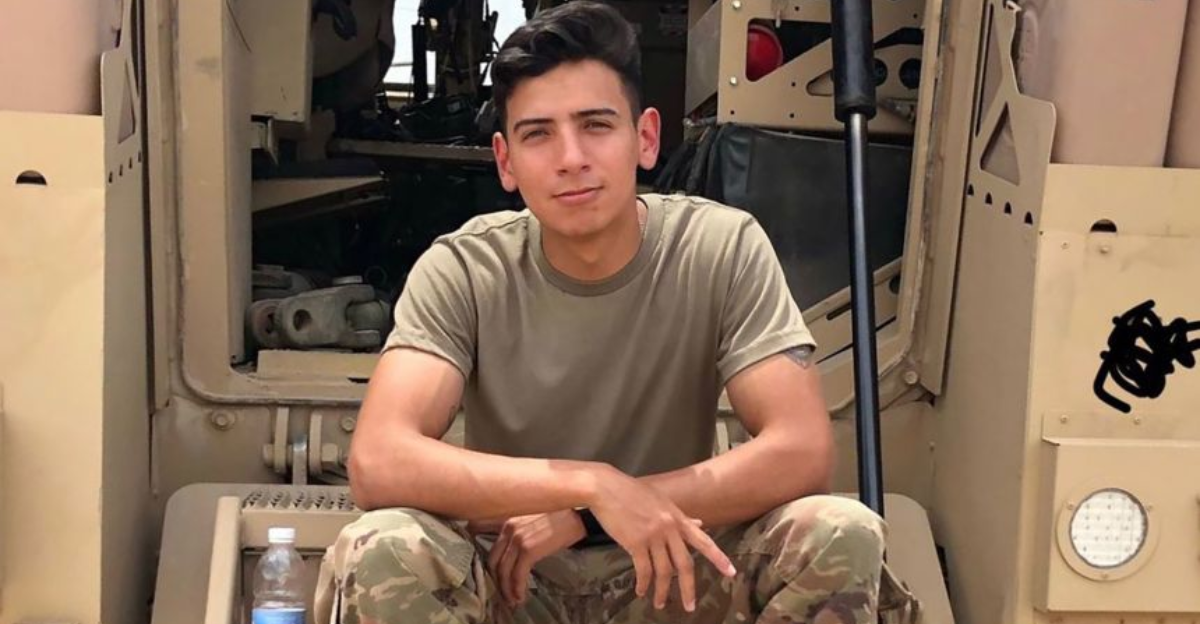
America tells its veterans: we have your back. George Retes believed that. He wore the uniform, came home, took a security job guarding row after row of greenhouses in coastal California, raised two kids, and planned a birthday party. And then suddenly, federal immigration teams swept the place and hauled him away even after he said he was a citizen. He vanished for days.
Consequently, there was an outcry over his disappearance, with families searching and protesters clashing with armored agents. The fiasco even resulted in the death of Jaime Alanis Garcia, a Mexican farmworker in his late 50s. Suddenly, a local raid became a loud question in Washington about who is protected by the flag and who is just paperwork. At this point, this could happen to anyone.
Who is George Retes?
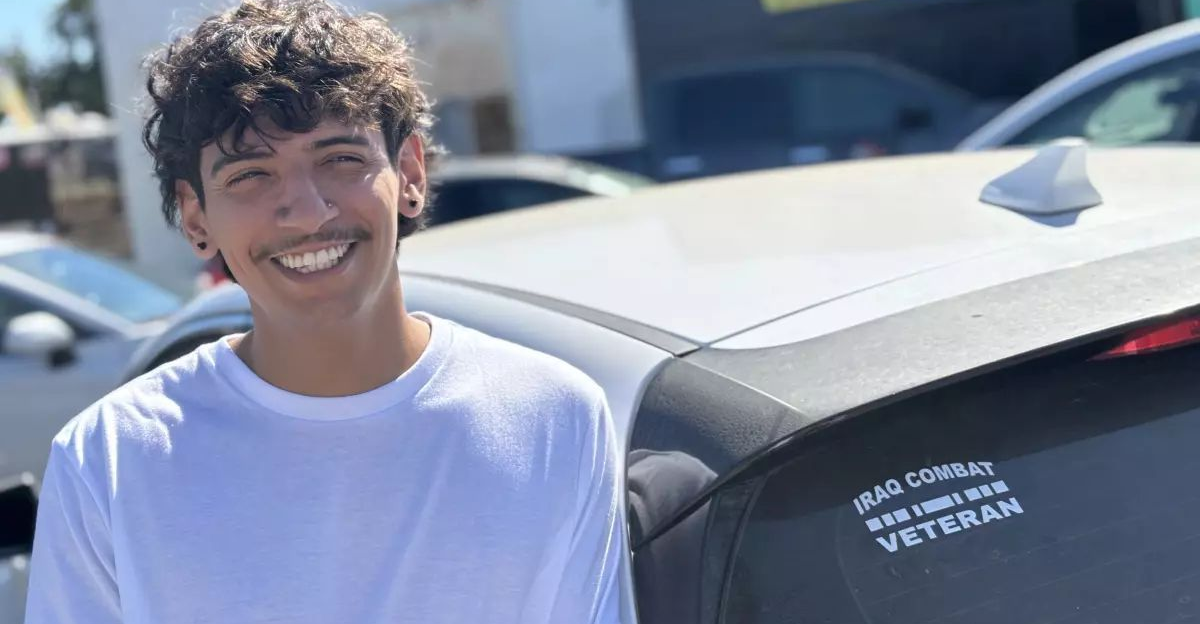
George Retes, 25, did not slip through the cracks. He lived like most of us. He served in the United States Army and came home with an honorable record. He has two kids who know him as the big laugh at birthday cake time, and he works night shifts at Glass House Farms doing gate checks and watching cameras over legal cannabis rows that smell like cut grass and fertilizer when the vents open. Friends describe him as steady, the kind of person who avoids trouble and shows up when he is needed. That matters because when he vanished, the question turned personal. If service and citizenship do not anchor you, what will?
The Day of the Raid
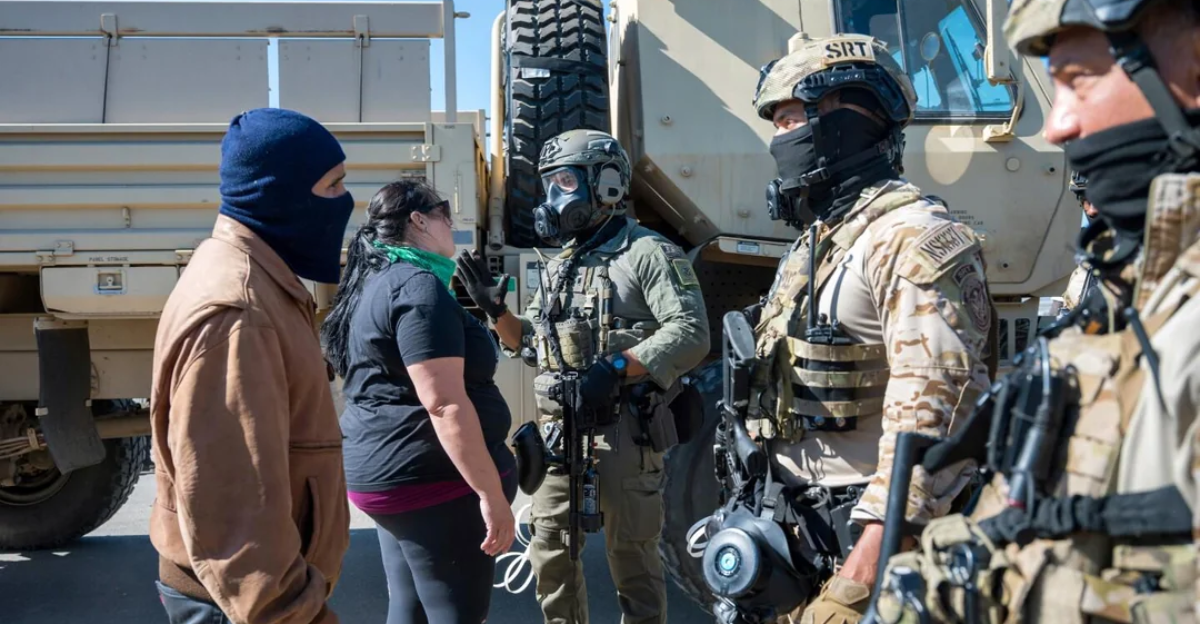
Morning at Glass House Farms usually means fog burning off the plastic roofs and crews slipping between greenhouses with coffee and wet boots. July 10, 2025, started that way. But then the caravans came, dark SUVs packed with agents in tactical vests, their voices blaring over loudspeakers that no one could make out at first. George Retes pulled in for his shift and was met by rifles at the window of his car and hands waving him to stop as the gates closed, workers were pulled from their cars, and radios crackled like static in a storm. By the time he understood that there were federal agents, the place already felt like a raid remembered from training.
The Ordeal of George Retes
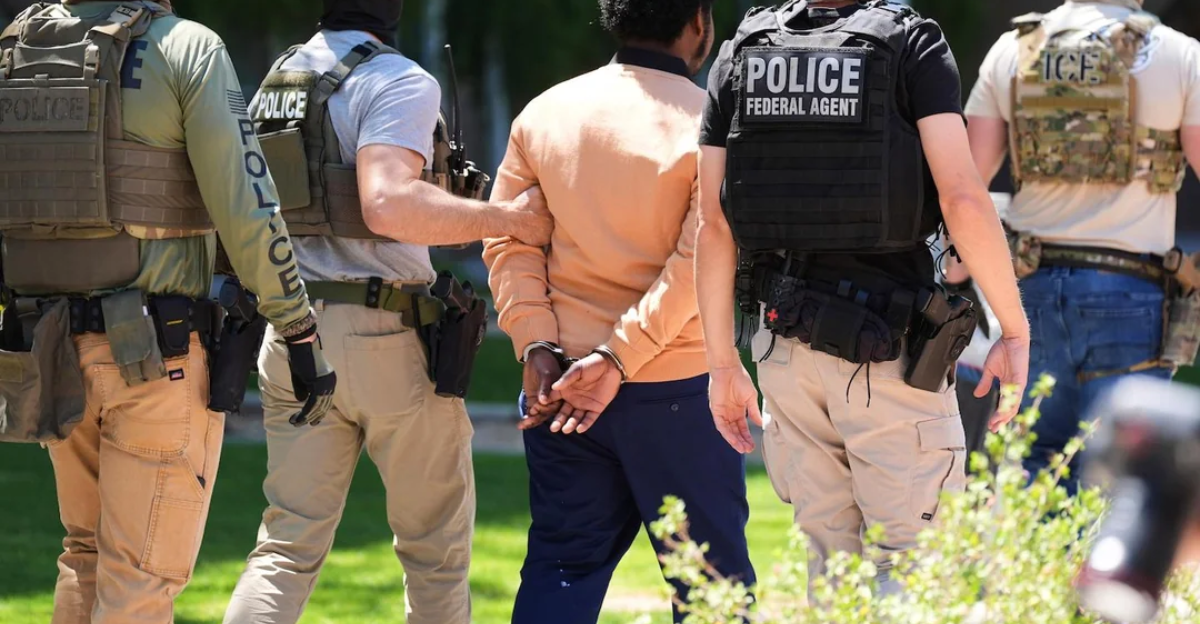
Retes says he never had a chance to explain. The agents smashed his window before he could step out of his car. The next thing, tear gas and pepper spray filled the air, blinding him. He felt hands on his neck, boots on his back, the weight of strangers pinning him down while he shouted that he was a U.S. citizen. It didn’t matter. His military ID was ignored, and he was cuffed, shoved into a van, and driven away like a criminal. At that moment, Retes realized the uniform he once wore offered him no shield at all.
Three Days of Fear and Confusion
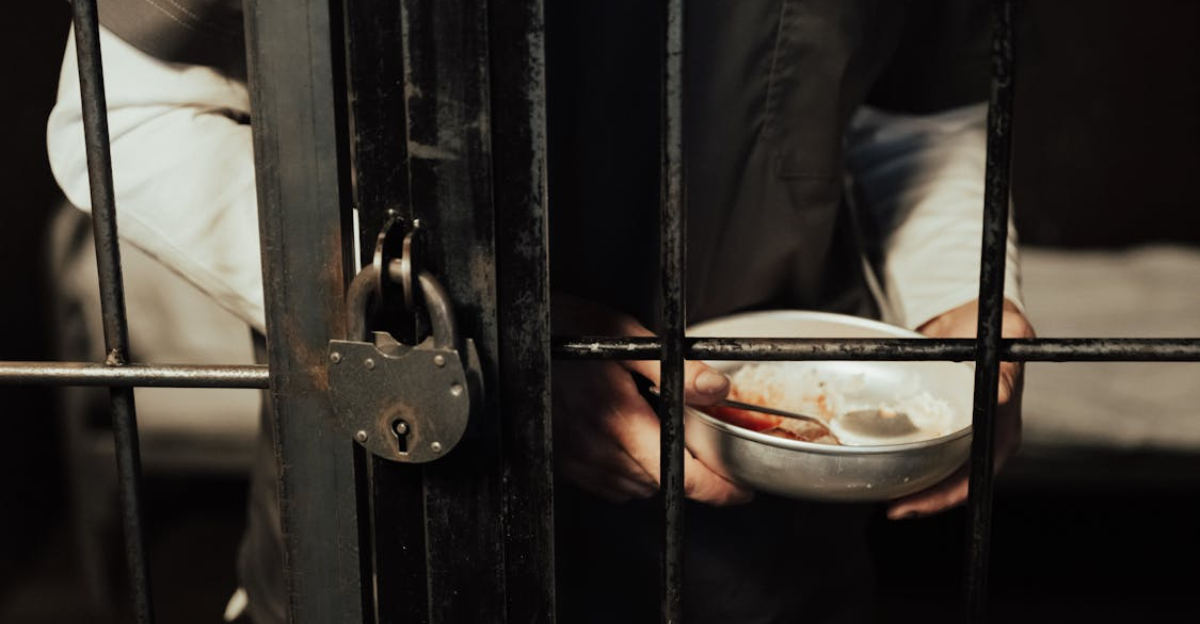
For three long days, Retes sat in a place where time twisted and stalled. The harsh lights hummed overhead without ever dimming. No one told him why he was there or even bothered to listen when he said he was a citizen. His phones were off limits, and his kids had no idea where he was. The meals were cold and tasted like damp paper. He wore the same clothes until they reeked. The clock meant nothing. He sat there long enough to feel himself slip out of view. And then, he began to wonder if anyone outside those walls even believed him.
The Fallout

When the raid ended, the damage stayed behind. Someone had died, and many others were left bruised or broken, and the farm itself looked like it had been ransacked. Broken glass cracked underfoot, and farm equipment lay scattered and ruined.
People whispered about what they saw that day, still shaking. Eventually, lawyers lined up with clipboards, asking hard questions about authority and force. Retes’s detention grabbed the headlines, but the pain stretches further. A family is grieving, workers are too shaken to return, and the community is left counting the cost of being targeted.
Systemic Concerns
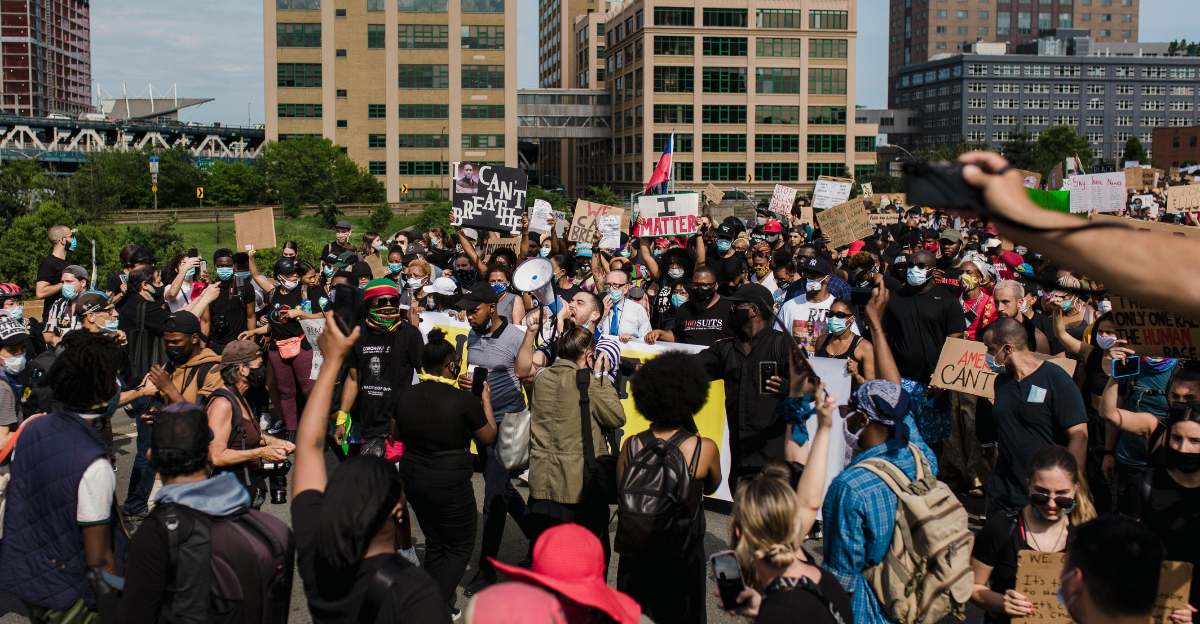
If an army vet and a citizen can be cuffed and whisked away like this, then what exactly protects the rest of us? You think a passport in your desk drawer would do that? Well, good luck. The raid showed how fast enforcement ignores its own rules when urgency, quotas, or plain confusion take the wheel. Oversight falls behind, records get lost, and rights are pushed aside. Somewhere between the mission and a mistake, no one is sure where the rules end, and people disappear into a system built for speed rather than care. Was this a rare failure, or is it happening quietly all the time?
Community and Political Response

Word shot through group chats before lunch, and the news moved faster than the agencies. Workers called family, who called reporters, who called everyone else. By evening there were hand painted signs at the gate and lawyers passing out intake forms on folding tables. Immigrant advocates said this was exactly the fear they had warned about. Governor Gavin Newsom publicly called the raid reckless and demanded answers. Furthermore, local supervisors are pushing to have records unsealed, while church groups showed up with food. Anger blended with a sense of neighborly duty, and what started as paperwork ended with the parking lot turning into a protest camp.
Moving Forward
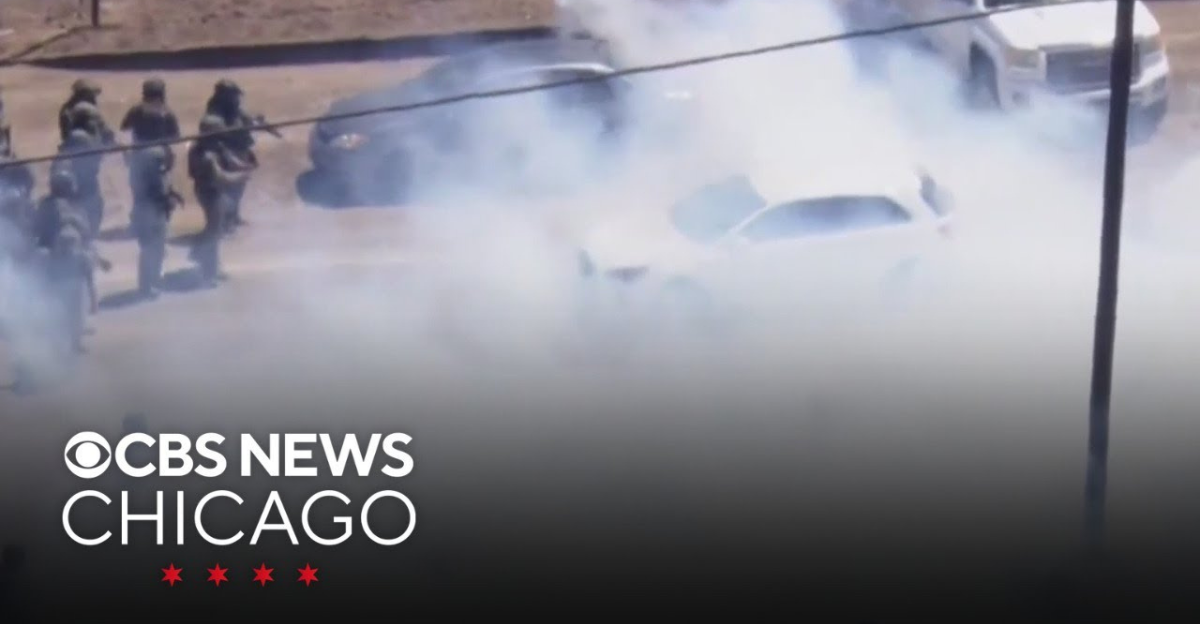
Retes says he never thought he would be fighting at home on home soil, but here we are. He is talking to attorneys and to anyone with a microphone. He wants the records, the body camera footage, the names. He wants it in court. He keeps repeating the line that stings the most. “If they grabbed me, they can grab you.” That message is traveling fast through vet networks and farm towns and immigrant clinics. Out of fear comes a kind of organizing energy. He plans to push until somebody owns what happened.
It Could Happen to Anyone
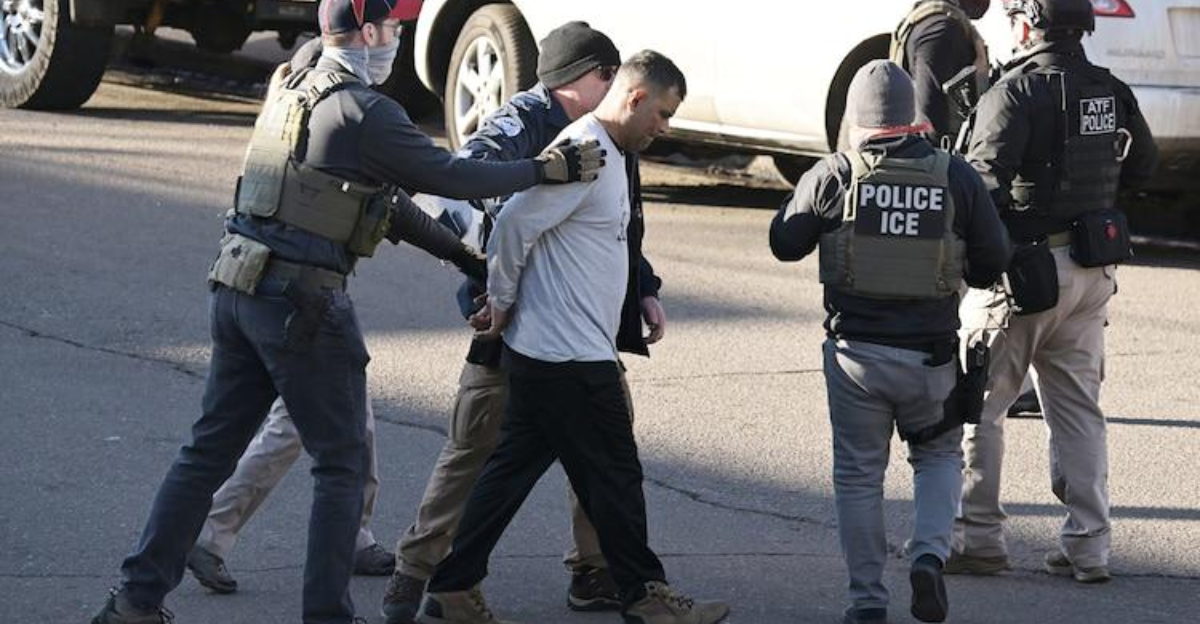
George Retes’s story lingers because it feels less like an exception and more like a warning. A man who once served his country was treated like an outsider in the place he calls home. His words, “it could happen to anyone,” carry a somber and worrying truth. I mean, It is not paranoia if it is true. This goes beyond a single raid or a single farm. It’s about whether we can trust the very idea of citizenship, and the fear that under the wrong spotlight, any one of us could vanish.
